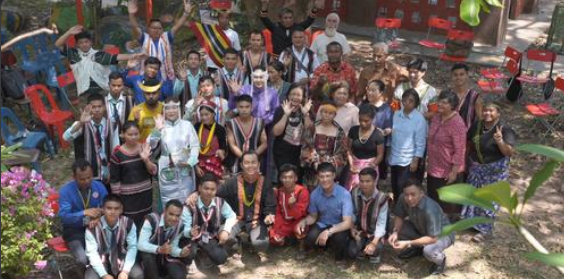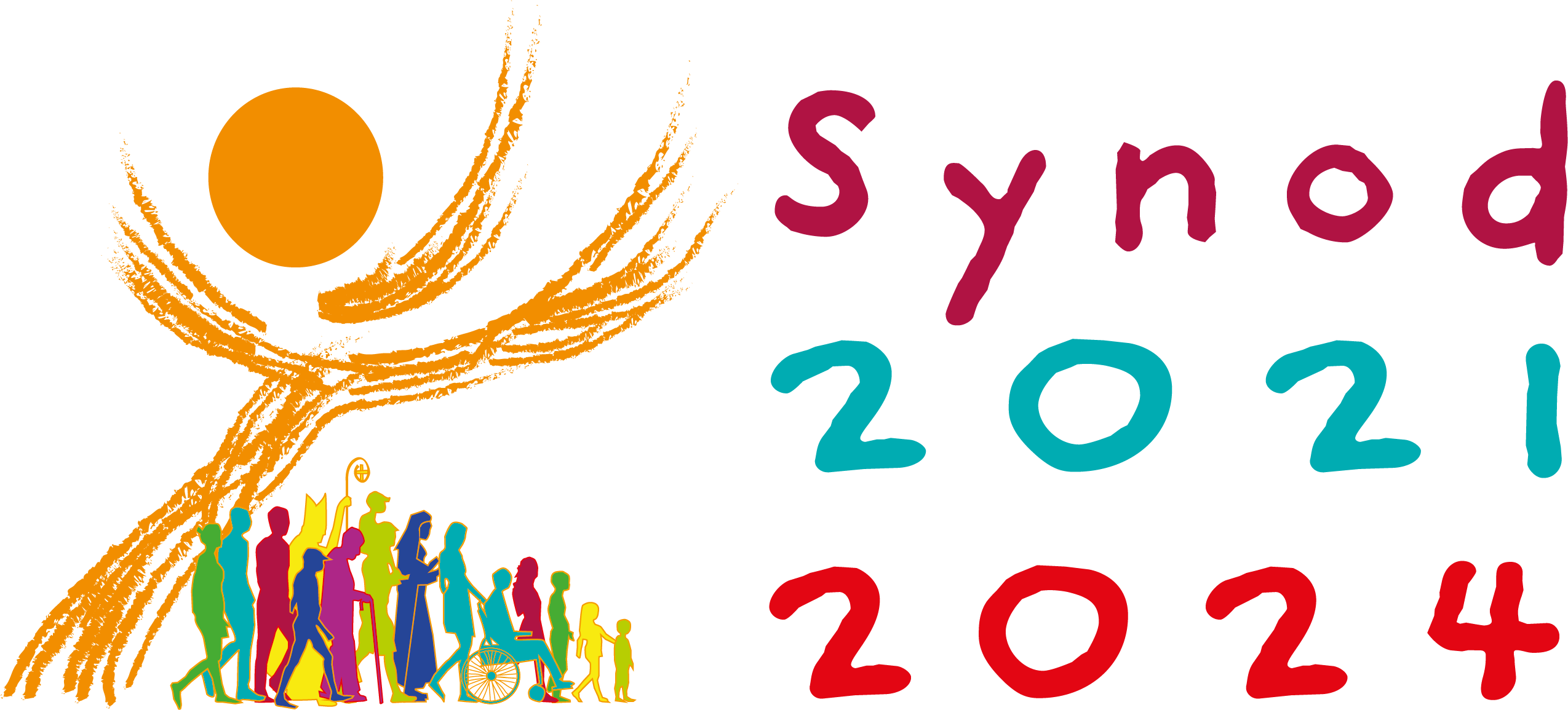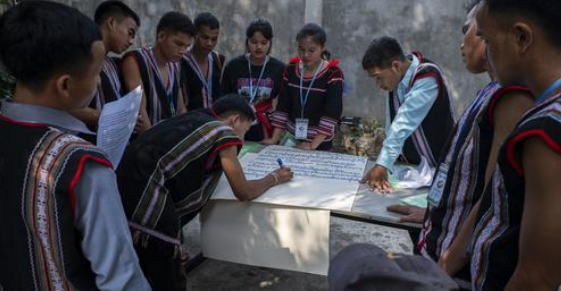The Role of the Church in Supporting Indigenous Peoples
We, the young Catholic representatives of the Asian Indigenous Peoples gathered at the Don Bosco Technical School in Kep Province, Cambodia, from 10 to 20 March 2024, united to celebrate our cultures, share our knowledge, and address the challenges facing our communities.
This declaration embodies our common experiences, aspirations, and collective resolve to uphold our traditions and rights as we strive for the recognition and respect of our rich and diverse heritages as an expression of our sense of faith.
Through this declaration, we seek to create a unified voice and platform for advocacy that transcends national and cultural boundaries, ensuring that our unique traditions and collective wisdom are honored and sustained.

We thank Pope Francis for launching the Synod movement and for inviting all Catholics to go out to the peripheries of society to meet others who are different and to build a more fraternal world. Every culture and people have something to give, to receive, and to be evangelized by the Word of God.
We appreciate Pope Francis’ fatherly love and encouragement to everyone and particularly to us the indigenous peoples. He has been very humble to acknowledge the mistakes of the church with the indigenous peoples.
We also thank the group Circle of Sacred Rice for organising this conference, and supporting our stay and training.
During our stay here, we made new friends from across Asia and we learnt new skills in communication. We will use these skills to bring the voices and stories of our elders and communities to our local, asian and international church.
In recognition of the historic and ongoing relationships between Indigenous communities and the Catholic Church, and drawing from the discussions and insights shared during our conference, we outline the Church’s role in supporting and advancing the rights and traditions of Indigenous peoples.
Cultural Recognition and Inclusion: The Church must continue to acknowledge and celebrate Indigenous spiritual and cultural practices within its services and community activities. This includes recognizing the value of Indigenous languages and traditions in enriching the spiritual life of the Church and advocating for the inclusion of these elements in religious ceremonies.
Advocacy for Indigenous Rights: The Church is called upon to use its influential voice to advocate for the protection of Indigenous lands, languages, and cultural rights. This advocacy should extend to national and international platforms, promoting policies that protect Indigenous territories and the environment.
Educational and Spiritual Support: The Church should facilitate educational programs that incorporate Indigenous history, languages, and wisdom, helping to preserve and promote this knowledge among younger generations of Indigenous peoples and the wider community. Spirituality sessions that respect and integrate Indigenous beliefs should be encouraged.
Support for Indigenous Identity and Community Projects: The Church should support initiatives that help Indigenous communities sustain their cultural practices, such as art, music, and traditional ceremonies. Financial, moral and institutional support from Church leaders for projects that strengthen community cohesion and identity is much needed.
Dialogue and Reconciliation: The Church should actively continue to engage in open and respectful dialogues with Indigenous communities as equals, acknowledging past wrongs where necessary and working towards reconciliation. This process should be based on mutual respect and a sincere commitment to listening and learning from each other.
Promotion of Environmental Stewardship: Given the deep connection of Indigenous peoples to their ancestral lands, the Church should support and participate in environmental conservation efforts led by Indigenous communities. This includes promoting teachings that align with respect for nature and advocating for ecological justice.
As we conclude this conference, we are inspired by the unity and diversity displayed and leave with a renewed commitment to our cultures, languages, and lands. This declaration is a testament to our resilience and determination to thrive as young and Indigenous peoples of Asia. We pledge to carry forward the spirit of this gathering, and we ask you and the Church in Asia to pray for us as we strive to implement its resolutions with courage and conviction. Through our collective efforts, we aim to foster a world that respects, protects, and celebrates the rich tapestry of Indigenous cultures and wisdom.
Signatories
This declaration is endorsed by the representatives of the young Asian Indigenous Peoples, signifying our collective agreement and determination to uphold the principles and commitments outlined herein, as we strive together towards a future where our cultures and rights are fully recognized and respected. Representatives include:
- Malaysia: Afifa Pam (Temiar), Roney Bin Eming (Dusun), Selendang Sari a/p Seliman (Semai)
- Indonesia: Indah Dame Nababan (Batak)
- Mongolia: Tungalag, Zayatsetseg
- East Timor: Arnaldo Gregorio da Costa,Jolino Vieira
- Nepal: Supriya Lama, Suman Ghale (Tamang)
- Philippines: Jason Menaling, Franklin Buno (Pulangiyēn)
- Thailand: Ms.Siriwan Mekwichaiwong, Mr. Jeerakon Poodok (Karen)
- Papua New Guinea: Leo Paraha
- Myanmar: Andrew Maung Maun, Hla Ko Mariano (Kayan)
- Cambodia: Sev Hlit, Sarl Chanthai, Sev Dom, Roman Somnag, Ting Phen, Sarl Thvinh, Rochom Lvan, Miss Se Vey (Jarai), Whont Tak (Tampuon), Nat Kompheak (Kreugn)
This is an abridged version of the “Declaration of the Young Asian Indigenous Peoples”.
The full version as well as the full statements of youths from each country can be found at https://mybrotherthetree.licas.news

